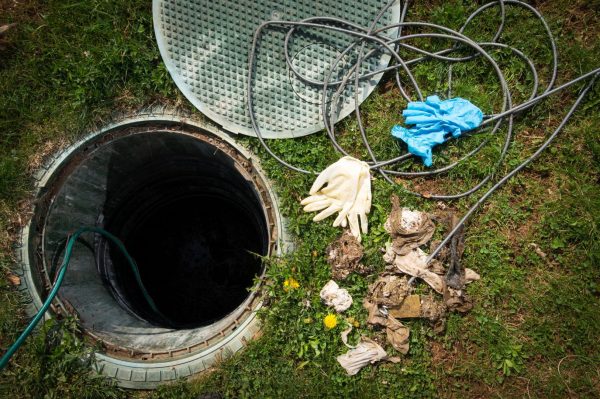
If you’re having issues with your septic tank, ignoring these warning signs could lead to costly repairs or complete system failure. As a homeowner with a septic system, understanding these indicators can save you thousands of dollars in repairs and protect your property value. Let’s explore the key indicators that suggest your septic system needs professional attention.
Slow-Draining Fixtures and Gurgling Sounds
When your toilets, sinks, or bathtubs drain slowly, it often indicates a developing septic issue. Gurgling noises from pipes, especially after running water or flushing toilets, suggest that your system is struggling to manage waste properly. These sounds occur when air bubbles travel through clogged pipes, signaling potential blockages in your septic system. If you notice that multiple fixtures are draining slowly, this is particularly concerning as it indicates a system-wide problem rather than a localized clog.
Sewage Backups in Your Home
One of the most serious and unsanitary issues is sewage backing up into your home. This problem typically appears first in basement drains or ground-level bathrooms. If you notice black water or waste coming up through your drains, contact Dr. Septic immediately to prevent health hazards and property damage. Sewage backups can contain harmful bacteria and pathogens that pose serious health risks to your family and pets. Never attempt to clean up sewage backup without proper safety equipment and professional guidance.
Foul Odors Around Your Property
Indoor Smells
When septic gases can’t properly vent, they may enter your home through drains or toilets. These rotten egg or sewage smells indicate that your system needs immediate inspection. The presence of these odors suggests that your septic system’s natural bacterial balance may be disrupted, or that there could be a blockage in your vent stack.
Outdoor Odors
Strong sewage smells in your yard, especially near the drain field or septic tank, suggest that waste isn’t being processed correctly. These odors often intensify during humid weather or after rainfall, and they shouldn’t be ignored as they indicate that sewage is too close to the surface.
Changes in Your Lawn
Unusually Green Grass
While lush grass might seem appealing, a particularly green patch above your septic system often indicates a leak. Here’s what you might notice:
- Excessive growth and unusually green grass around the drain field area, which occurs because sewage acts as a fertilizer
- Spongy or waterlogged soil near the septic system, indicating that liquid waste isn’t properly draining
- Areas of grass that remain green even during dry spells or drought conditions, suggesting constant moisture from leaking effluent
Standing Water in Your Yard
Pooling water around your drain field is never normal. This issue suggests that your septic system is oversaturated and unable to process waste effectively. The problem may worsen after heavy rain or increased water usage. Standing water can also indicate that your drain field has failed or that the soil’s absorption capacity has been compromised. This situation requires immediate professional assessment to prevent groundwater contamination.
System Age and Maintenance History
Most septic systems last 20-30 years with proper maintenance. If your system is approaching this age or hasn’t been serviced regularly, it’s crucial to have it inspected. Regular maintenance prevents emergency situations and extends system life. The frequency of required maintenance depends on household size, water usage patterns, and whether you have a garbage disposal. Understanding your system’s age and maintenance history helps predict potential issues before they become emergencies.
Increased Pumping Frequency
If your tank requires more frequent pumping than usual, this could indicate:
- Tank damage or structural integrity issues that allow groundwater infiltration
- System overuse from increased household size or water usage patterns
- Drain field problems that prevent proper effluent absorption
- Improper waste breakdown due to chemical imbalances or lack of beneficial bacteria
High Nitrate Levels in Well Water
For properties with well water, high nitrate levels during testing often indicate septic system leakage. This contamination poses serious health risks and requires immediate professional attention. Regular water testing is essential for households with both septic systems and wells, as contamination can occur gradually without obvious signs.
Visible Damage to System Components
Physical damage to septic system components, such as cracked lids or broken pipes, requires immediate repair. Regular inspections help identify these issues before they cause system failure. Visible damage might also include sunken soil around the tank or drain field, exposed system components, or rust on metal parts. Any visible damage should be documented and assessed by a professional.
Electronic System Alerts
Modern septic systems often include monitoring equipment that alerts homeowners to potential problems. Never ignore these warnings – they’re designed to prevent catastrophic failures. These monitoring systems can track water levels, pump function, and other critical parameters that indicate system health. Responding promptly to electronic alerts can prevent more serious issues from developing.
Don’t wait until a minor issue becomes a major problem. Dr. Septic in San Diego specializes in comprehensive septic system inspection, maintenance, and repair. Our experienced technicians use advanced diagnostic tools to identify and resolve septic issues quickly and effectively. With years of experience serving the San Diego community, we understand local soil conditions and regulations that affect septic system performance. Contact us today at 619-417-9097 for immediate assistance with your septic system concerns, and let our experts help you maintain a healthy, efficient septic system.
